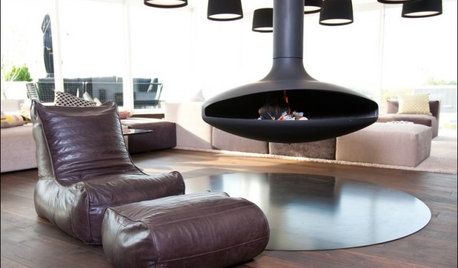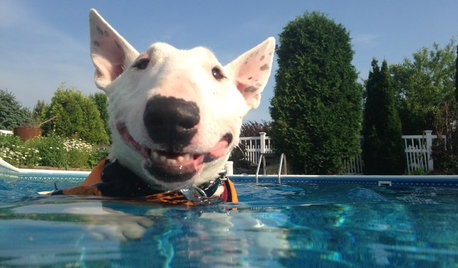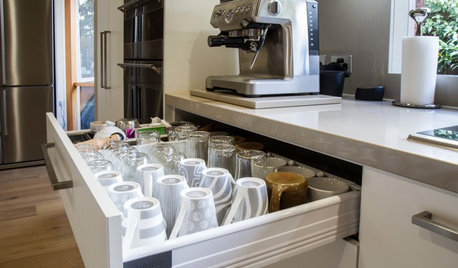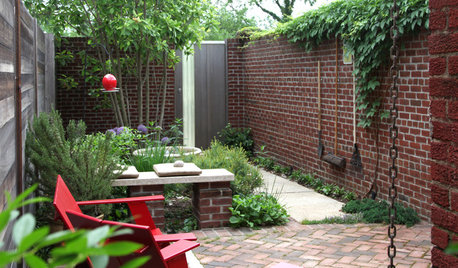Are today's dishwashers any better than years ago?
leaveswave
12 years ago
Related Stories

HOUSEKEEPINGTackle Big Messes Better With a Sparkling-Clean Dishwasher
You might think it’s self-cleaning, but your dishwasher needs regular upkeep to keep it working hard for you
Full Story
MOST POPULAR12 Key Decorating Tips to Make Any Room Better
Get a great result even without an experienced touch by following these basic design guidelines
Full Story
FURNITURE6 Decades-Old Designs That Look Better Than Ever
After getting a few nips and tucks, some favorites from the ’60s and ’70s have made a stylish comeback
Full Story
MOST POPULAR40 Dogs Who Are Having a Way Better Summer Than You
Houzzers share pics of their canine companions living it up — or getting down with relaxing — on warm days
Full Story
CRAFTSMAN DESIGNHow Arts and Crafts Style Beautifies Today's Interiors
Based on beauty and purity, this movement from more than a century ago is still influencing design elements in home interiors
Full Story
KITCHEN DESIGNToday’s Coffee Stations Have All Kinds of Perks
Some of these features are so over the top that they will give you a jolt
Full Story
LANDSCAPE DESIGNHow Brick Fits Into Today’s Gardens
Natural brick is often considered a traditional building material. Here’s how people are using it in contemporary gardens too
Full Story
DECLUTTERING10 Types of Clutter to Toss Today
Clear the decks and give the heave-ho to these unneeded items
Full Story
DECORATING GUIDES1970s Style Finds Groove Today
The bright colors and unmistakable patterns of the '70s are swinging back into homes, but with modern flair for today's interior designs
Full Story
SMALL HOMES28 Great Homes Smaller Than 1,000 Square Feet
See how the right layout, furniture and mind-set can lead to comfortable living in any size of home
Full Story





sara_the_brit_z6_ct
deeageaux
Related Professionals
Beavercreek Kitchen & Bathroom Designers · Bonita Kitchen & Bathroom Designers · Cuyahoga Falls Kitchen & Bathroom Designers · San Jacinto Kitchen & Bathroom Designers · Wentzville Kitchen & Bathroom Designers · White House Kitchen & Bathroom Designers · Honolulu Kitchen & Bathroom Remodelers · Key Biscayne Kitchen & Bathroom Remodelers · Martha Lake Kitchen & Bathroom Remodelers · Toms River Kitchen & Bathroom Remodelers · Turlock Kitchen & Bathroom Remodelers · Palestine Kitchen & Bathroom Remodelers · North New Hyde Park Cabinets & Cabinetry · Tacoma Cabinets & Cabinetry · Warr Acres Cabinets & Cabinetryasolo
davidro1
colin3
fauguy